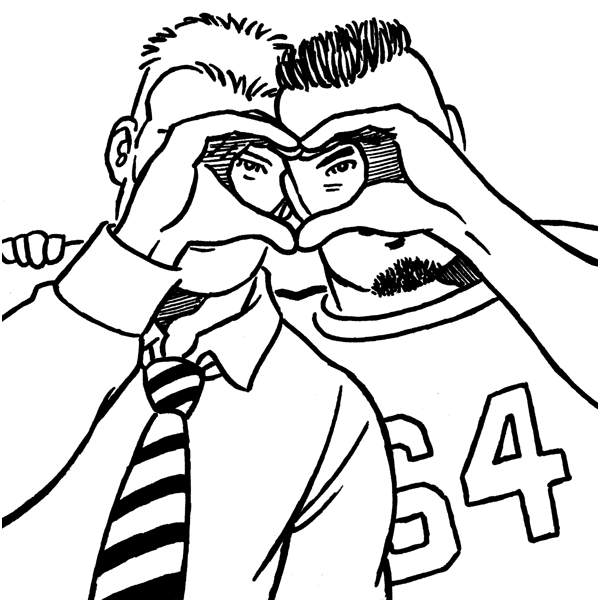A personal blog by a graying (mostly Anglo with light African-American roots) gay left leaning liberal progressive married college-educated Buddhist Baha'i BBC/NPR-listening Professor Emeritus now following the Dharma in Minas Gerais, Brasil.
Friday, May 13, 2022
Via Daily Dharma: Practice Not-Doing
Practicing
not-doing means the causes and conditions that create many problems and
struggles vanish. No solution needs to be found, no cure discovered,
and no help is even necessary. That’s why the Buddhist tradition is
grounded in not-doing—because so much of the suffering in the world
could be entirely alleviated if we simply didn’t cause it.
Kimberly Brown, “What You’re Not Doing Matters”
CLICK HERE TO READ THE FULL ARTICLE
Thursday, May 12, 2022
Via Dhamma Wheel | Right Action: Reflecting upon Social Action
Reflecting Upon Social Action
|
|
|
|
|
|
|
One week from today: Reflecting upon Bodily Action
Share your thoughts and join the conversation on social media
#DhammaWheel
Questions? Visit the Dhamma Wheel orientation page.
Via Daily Dharma: Choosing Freedom
We
must actively renounce our sense of entitlement. We must want to be
free more than we want to be right; choose what is instead of what we’d
like.
Vanessa Zuisei Goddard, “Pocket Paramis: Patience”
CLICK HERE TO READ THE FULL ARTICLE
Wednesday, May 11, 2022
Via Dhamma Wheel | Right Speech: Refraining from Frivolous Speech
Refraining from Frivolous Speech
|
|
|
|
|
|
|
One week from today: Refraining from False Speech
Share your thoughts and join the conversation on social media
#DhammaWheel
Questions? Visit the Dhamma Wheel orientation page.
Via Daily Dharma: Overthrowing Ignorance
Ignorance
is like the king, and clinging attachment and hostility are his
ministers. To rid ourselves of the king’s minions we must get rid of the
king. And so it is of greatest importance to identify ignorance
properly.
Geshe Sonam Rinchen, “Like a Pig In…”
CLICK HERE TO READ THE FULL ARTICLE
Via Ram Dass - Love Serve Remember Foundation -- Words of Wisdom - May 11, 2022 💌
“I certainly think that there are ways of using energies in the universe to extend the duration of physical life. Whether or not one wants to do that is another question; whether one hears it to be in the harmony of the way of things. The deeper I get into parts of my identity, the less I am attached to keeping this physical body eternally – because it just seems like a certain classroom or a level and I really find that there are more interesting aspects of existence beyond that of incarnation in a physical body.”
- Ram Dass -
Tuesday, May 10, 2022
Via Daily Dharma: Why We Need Sangha
Many
have said to me that they do not need Sangha. My response has been,
‘Then where will you go when you begin to experience liberation? Who
will know the journey you have taken and your vow to be awake?’
Interview with Zenju Earthlyn Manuel by Tricycle,
“Difference and Harmony: An Interview with Zenju Earthlyn Manuel”
CLICK HERE TO READ THE FULL ARTICLE
Via Dhamma Wheel | Right Intention: Cultivating Equanimity
Cultivating Equanimity
|
|
|
|
|
|
|
One week from today: Cultivating Lovingkindness
Share your thoughts and join the conversation on social media
#DhammaWheel
Questions? Visit the Dhamma Wheel orientation page.












